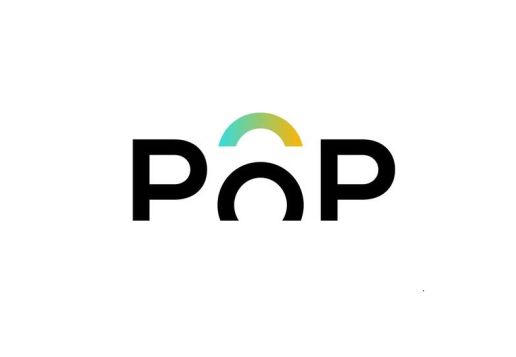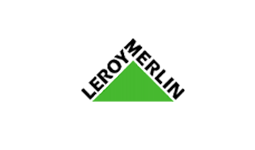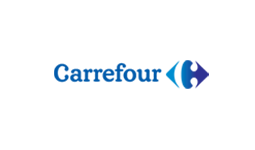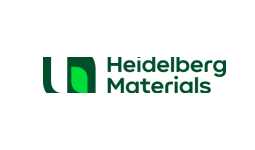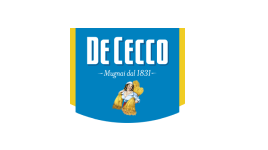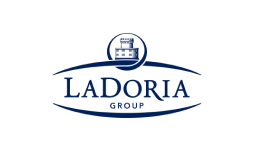
Luxembourg, after Belgium and the Netherlands, is the last BENELUX country to implement mandatory e-invoicing for public authorities. As stated by the Act of 13 December 2021 amending the Act of 16 May 2019 on electronic invoicing in public procurement and concession contracts, large Luxembourgian companies have been obliged to send e-invoices to public authorities since 18 May 2022. Even if the entity is outside Luxembourg, but issues invoices to public entities in Luxembourg, it must send them in electronic form.

Luxembourg uses the PEPPOL network for B2G e-invoicing. To be part of the PEPPOL network and send invoices to public entities in Luxembourg, a company must be connected to a PEPPOL Access Point. The Access Point company should be specialized provider of e-invoicing services certified by the PEPPOL network, which meets PEPPOL requirements by converting invoices to the necessary PEPPOL BIS 3.0 format and sending them via the standard PEPPOL channel (AS4).
Each business entity has several options to be able to issue and send e-invoices via PEPPOL:
Once a company is connected to an Access Point, it is connected to all the PEPPOL participants in the network and can exchange not only invoices with Luxembourgian public authorities, but also other document types with any private company which is also connected to the network through their Access Point.
For smaller and less technologically mature companies, an online form has been made available for issuing and sending compliant e-invoices. Its completion consists in manually entering the basic elements or uploading an already compliant electronic invoice.


Sending B2G e-invoices in Luxembourg is possible thanks to the PEPPOL network. E-invoices must comply with European standard EN 16931-1 :2017. There is a possibility to use XML UBL or XML UN/CEFACT CII. One of the standards compliant with the European ones is the PEPPOL Business Interoperability Specification (BIS) 3.0.

Integrity and authenticity can be ensured by any method, including Advanced Electronic Signature as the one of the examples mentioned in the Notes to the VAT Law. A digital signature is not obligatory for B2G invoices in Luxembourg.

Required storage period is 10 years.
Comarch covers B2G transaction via Peppol.

We have 20+ years of experience in carrying out various EDI, e-invoicing, and other document exchange projects around the world. In those years, we have successfully connected more than 130,000 entities from over 60 countries.
Full compliance with the latest data exchange regulations and modern data transfer standards
Applying new technologies and IT solutions in order to streamline workflows and automate activities and procedures
Tailor-made solutions based on processes specific to each company – own road map and a suitable pace of changes
Highest level of security for all sensitive and important company data
If your company is based or has branches in Serbia, you need to start preparing your billing and tax systems to comply with the new requirements. Click on the button below to get in touch with one of our experts.
E-invoicing for B2B transaction is not mandatory yet.
Issuing electronic invoices, in terms of B2G transactions, is being introduced partially as follows:
As of 18 April 2019 – e-invoicing received for central public sector bodies
As of 18 April 2020 – e-invoicing received for sub-central public sector bodies
As of 18 May 2022 – e-invoicing concerns large economic operators
As of 18 October 2022 – e-invoicing concerns medium-sized economic operators
As of 18 March 2023 – e-invoicing concerns small and newly created
E-invoices must comply with European standard EN 16931-1 :2017. There is a possibility to utilize XML UBL or XML UN/CEFACT CII.
Sending B2G e-invoices in Luxembourg is possible thanks to the PEPPOL network.
Each economic operator has several options to make itself fit to issue and transmit e-invoices via Peppol:
Integrity and authenticity can be ensured by any method, including Advanced Electronic Signature as the one of the examples mentioned in the Notes to the VAT Law.
Storage period – 10 years.
PEPPOL is a set of artifacts and specifications that gives the possibility to exchange invoices in the public/B2G sector. Luxembourg uses the PEPPOL network for B2G e-invoicing.
Large Luxembourgian companies have been obliged to send e-invoices to public authorities since the May 18ths 2022.
For now, the obligation concerns large Luxembourgian companies. In October 2022, it will cover medium-sized taxpayers, and in March 2023 will be extended to small and new businesses.
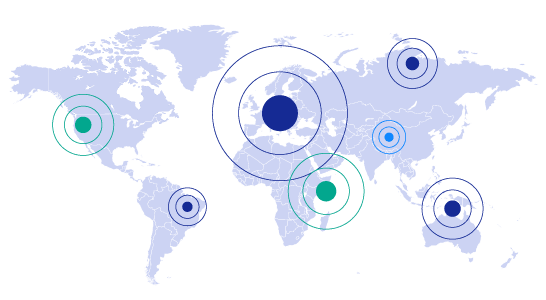
Make sure your business meets international standards with the Comarch e-Invoicing platform, trusted in more than 60 countries. Enjoy hassle-free integration and continuous compliance updates.
